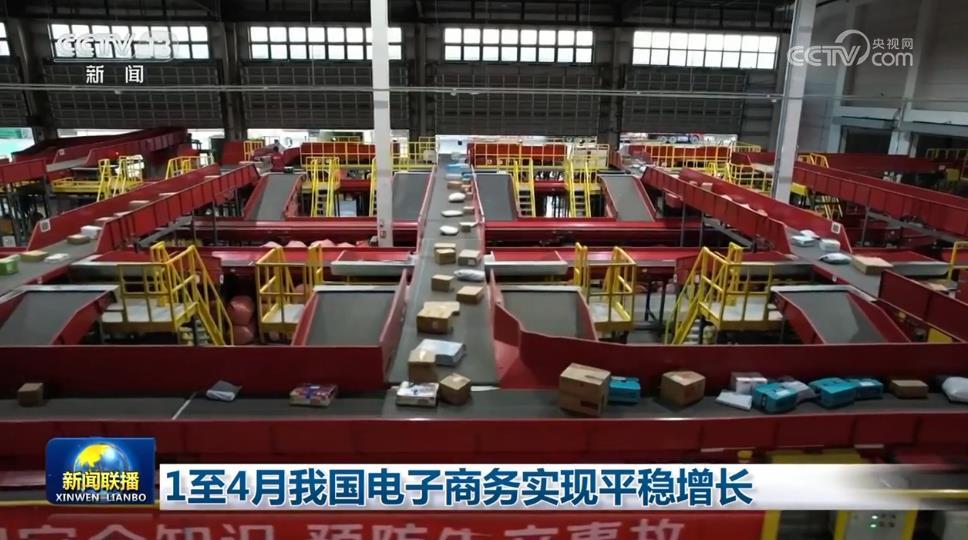China's sacrifices should always be remembered
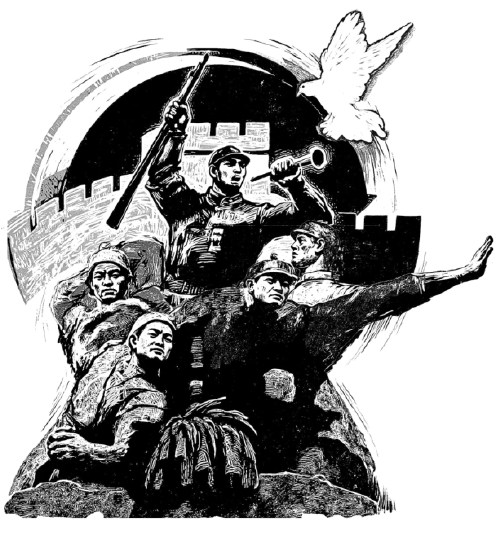
MA XUEJING/CHINA DAILY。
Editor's note: With global tensions rising and regional conflicts showing no signs of ending, it has become more urgent than ever to understand the root causes of war. Wang Jianlang, president of the Chinese Society for the History of the War of Resistance Against Japanese Aggression, reflects on some overlooked aspects of World War II — its real starting point, China's under-recognized contribution, and why the principle of "indivisible peace" remains vital today. Wang also warns against populism and historical amnesia in an in-depth conversation with China Daily's Liu Jianna for Dialogues with Thinkers, China Daily's high-end interview program. Following are excerpts from the interview:。
Q1: How should the world reflect on World War II amid the ongoing regional conflicts in order to prevent new wars?
A: We are witnessing a turbulent era of global change. While we may not yet be on the brink of a third world war, the current global environment is arguably the most chaotic in the 80 years since the end of World War II. International rules and norms are being repeatedly violated, increasing the risks of a global war.。
In such times, it is crucial to learn from the experiences of World War II. The prelude to that war showed how incremental aggression, if unchecked, could spiral into a global catastrophe. The world failed to respond decisively to early acts of aggression, which ultimately emboldened the Axis powers. Japan's occupation of Northeast China, Germany's expansion into Austria and Czechoslovakia were all warning signs.。
Today, our ability to prevent another global war hinges on our willingness to uphold international norms, support multilateral institutions, and collectively and decisively respond to emerging threats. History warns us that inaction and appeasement are often enablers of war.。
Q2: Why should we reconsider the starting point of World War II?
A: Traditionally, World War II is considered to have begun in 1939 with Germany's invasion of Poland. This Euro-centric perspective has dominated mainstream history. However, decades of research suggest the war had two major origins: Europe and East Asia.。
Japan's invasion of Northeast China in 1931 — commonly known as the "Sept 18 Incident" — was a prelude to World War II. But the world at that time failed to recognize its global implications, which led to a long and brutal campaign that eventually evolved into a full-scale war in 1937.。
If we consider the Axis powers collectively as the initiators of World War II, then Japan's invasion of Northeast China in 1931 marked the opening act of the conflict, while its full-scale invasion of China in 1937 should be recognized as the true starting point of the war. Recognizing this broader timeline will not diminish European experiences but rather complete the full global picture of the war, because World War II was not a single-front conflict but a worldwide fight against fascism, shaped by multiple triggers and theaters of violence.。
Q3: What key lessons from World War II should we always remember?
A: One of the most important lessons is the danger of appeasement and inaction in the face of early aggression. Before 1937, as Japan escalated its aggression into a full-scale invasion of China, the international community largely limited its response to expressions of sympathy, offering little in the way of concrete support. The lack of action to curb Japan's ambitions failed to deter Japan's expansion, which continued to intensify in the following years.。
Similarly, in Europe, the 1938 Munich Agreement — where Great Britain and France conceded Czechoslovak territory to Nazi Germany — demonstrated how granting repeated concessions could backfire. Germany and Japan both interpreted these diplomatic compromises as a green light to intensify their aggressive campaigns.。
Another crucial lesson is the concept of "peace is indivisible". In the 1930s, major powers such as the United States viewed regional wars in Asia as irrelevant to their own national security. It wasn't until the industrial Western powers were attacked and a global alliance was formed that the importance of world peace became undeniable.。
This idea is part of the foundation of international relations. The threat to peace in one region must be seen as a threat to global peace and stability, which warrants collective and timely action. Only by adhering to this principle can we prevent regional conflicts from turning into global wars.。
Q4: How did China contribute strategically to the global anti-fascist war?
A: China's role in the global fight against fascism has often been undervalued, partly because it was not an industrial power like the US, Great Britain or the Soviet Union. Nonetheless, China's strategic contributions were immense.。
Despite the vast disparity in economic and military capabilities — China's GDP was less than a quarter and steel production less than 1 percent of Japan — China resisted Japanese aggression for 14 years, which includes eight years of full-scale war. It was a prolonged and costly resistance.。
China tied down more than 1 million Japanese troops on the Asian mainland, significantly easing pressure on Allied forces in the Pacific. Nearly 700,000 Japanese troops were engaged in Northeast China, preventing Japan from launching attacks on the Soviet Union's eastern front. This protected the Soviet Union in the east while it engaged in a brutal conflict with Nazi Germany in the west.。
Moreover, Chinese forces fought in foreign theaters such as Myanmar, contributing to the broader Allied victory. These sacrifices and strategic contributions earned China recognition as one of the "Big Four" Allied powers and a permanent seat in the UN Security Council. China's endurance and resistance were pivotal to the global outcome of the war.。
Q5: Why should the 1937 Lugou Bridge Incident be seen as a starting point of World War II?
A: While 1931 marked the beginning of a regional war of resistance against Japanese aggression, the Lugou Bridge Incident on July 7, 1937, signaled the onset of full-scale war between China and Japan.。
If we define World War II as a global war between expansionist powers and international resistance, then the 1937 invasion stands as a starting point of the war. Recognizing this helps correct the imbalance in Western narratives on the war, which often sideline the main Eastern battlefield's importance.。
By incorporating this perspective, we acknowledge that the war was not West-centric but part of a broader global breakdown of peace. It allows for a more nuanced understanding of the interconnectedness of global conflicts, and ensures that the experiences of Asian nations are not overlooked in the history of World War II.。
Q6: How should we see the roles of the Communist Party of China and Kuomintang during the Chinese People's War of Resistance Against Japanese Aggression?
A: Both the CPC and the KMT played vital roles in resisting Japanese aggression, operating on two major fronts: the enemy's rear and the main battlefield. Their contributions were complementary, even if political tensions between them persisted.。
When honoring wartime sacrifices, we should focus on the fact that all Chinese forces, regardless of their political affiliation, fought to defend the nation. Both the CPC and KMT soldiers are part of our shared memory of resistance and deserve equal recognition for their bravery. It's also important to resist overly politicized historical narratives that pit one side against the other. The reality is that their coordinated efforts helped sustain the national resistance despite extreme hardship. The legacy of these joint efforts should be a symbol of unity rather than division.。
Q7: Why must we remain vigilant against populist rhetoric and political manipulation?
A: World War II was not only a military conflict but also a political and psychological conflict. Both Nazi Germany and imperial Japan used mass propaganda to stir ultra-nationalism and justify their expansionist policies.。
Even today, in the age of information, populist leaders can distort facts and manipulate public sentiment. When emotions override reason, democratic systems can become vulnerable, and history shows how dangerous that can be.。
Preventing the resurgence of authoritarianism requires constant vigilance against those who use ultra-nationalism, fear and populism to polarize societies. The example of Hitler reminds us of how unchecked emotional mobilization can disable societal checks and balances, and lead to disaster.。
In this era dominated by social media echo chambers and algorithm-driven content, the danger is even greater. Populism can thrive in disinformation-prone environments, making it all the more essential to promote critical thinking and independent journalism.。
Q8: How did World War II lay the groundwork for today's global governance system?
A: After the end of World War II, the international community sought to prevent a recurrence of another global war by establishing a robust system of collective security, most notably through the United Nations. The concept of peace is indivisible became institutionalized; as a result any regional conflict can now be discussed at the UN Security Council.。
This legacy is not just symbolic. It reflects the hard-earned lesson that diplomacy and dialogue should take precedence over unilateral military actions. Today, maintaining the postwar world order is essential to maintain global stability.。
The idea that all conflicts — no matter how localized — can escalate and affect global peace shaped institutions like the UN and principles like the Responsibility to Protect. These frameworks are under strain today but remain vital.。
Recommitting to the spirit of postwar cooperation requires reforming and strengthening global institutions to reflect 21st-century realities, without losing sight of the lessons that led to their formation.。
Q9: Why has China's World War II narrative often been underrepresented globally?
A: Several factors have contributed to this narrative. First, during World War II, China was not an industrial power and, unlike its Western allies, lacked global influence. As a result, its contributions, though strategic and prolonged, did not receive equal attention in postwar narratives.。
Second, the dominant Euro-American focus in World War II historiography has often overlooked the significance of the main Eastern battlefield. But recent decades have seen a growing recognition of China's central role in resisting fascism.。
And third, ideological tensions during the Cold War further distorted historical representation. China's role was either politicized or sidelined depending on the prevailing geopolitical narrative. Only in recent decades has there been a scholarly shift toward a more balanced global account of World War II. Reframing historical narratives to include multiple perspectives is not about rewriting history; it's about completing it.。
Q10: Why does redefining the World War II narrative matter in today's geopolitical landscape?
A: Historical narratives shape contemporary perceptions and policies. Recognizing China's role in World War II reinforces its legitimacy as a founding member of the international order. It also highlights the importance of non-Western contributions to global peace.。
At a time when multilateralism is under strain and nationalism is on the rise, a more inclusive World War II narrative reminds us of the shared sacrifices that led to the formation of the current global system, and why it must be protected.。
Moreover, as new conflicts occur and historical accounts are often invoked to achieve political ends, a clearer understanding of how wars began — and how they were won — can guide better decision-making. Accurate, inclusive history is a cornerstone of peace and cooperation.。
To build a bright global future, we require a collective memory which should recognize that World War II was not only fought and won in Europe, but across continents, with shared sacrifices and the common hope for peace.。
Wang Jianlang, president of the Chinese Society for the History of the War of Resistance Against Japanese Aggression. The views don't necessarily represent those of China Daily.。
If you have a specific expertise, or would like to share your thought about our stories, then send us your writings at opinionchinadaily.com.cn, and commentchinadaily.com.cn.。
(责任编辑:休闲)
-
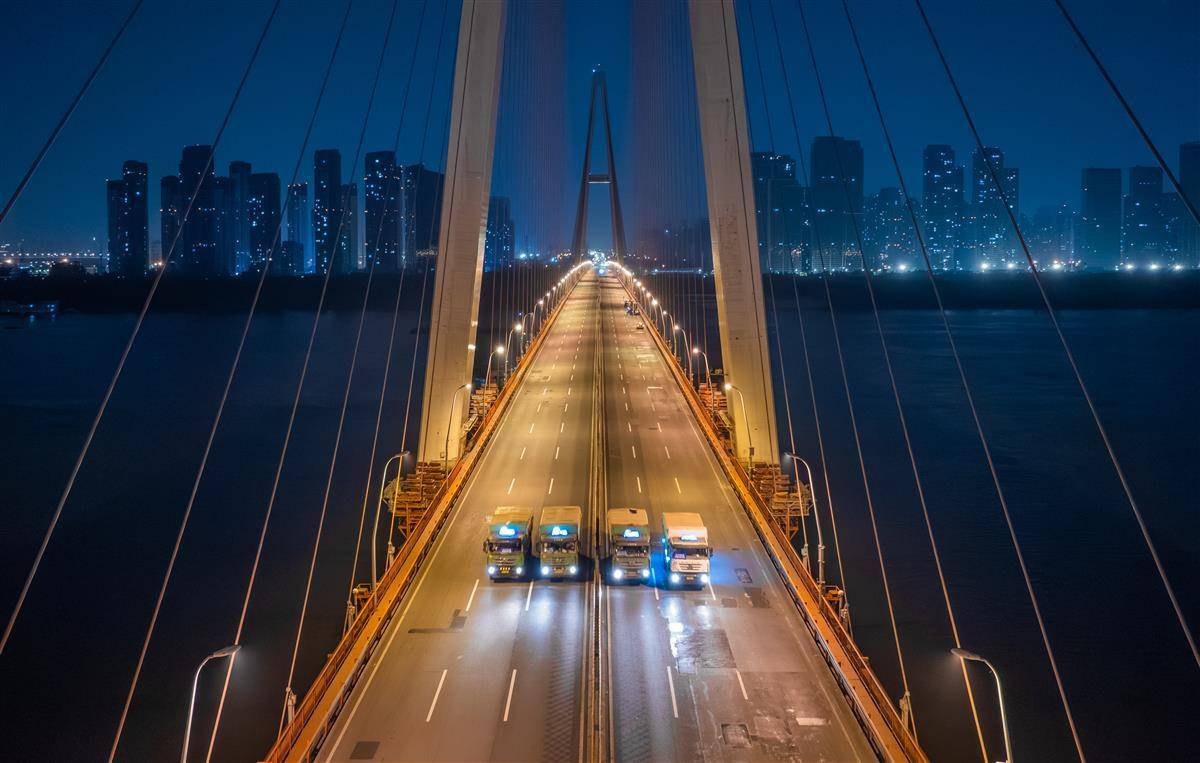 湖北日报讯记者杨文漪、张竞恒、通讯员董德禹)5月24日清晨00:02,武汉白沙洲长江大桥,夜色被引擎轰鸣声打破,这座执役25年的长江大桥,正在进行建成以来的第四次“全面体检”。从时速10公里“散步”到
...[详细]
湖北日报讯记者杨文漪、张竞恒、通讯员董德禹)5月24日清晨00:02,武汉白沙洲长江大桥,夜色被引擎轰鸣声打破,这座执役25年的长江大桥,正在进行建成以来的第四次“全面体检”。从时速10公里“散步”到
...[详细]
-
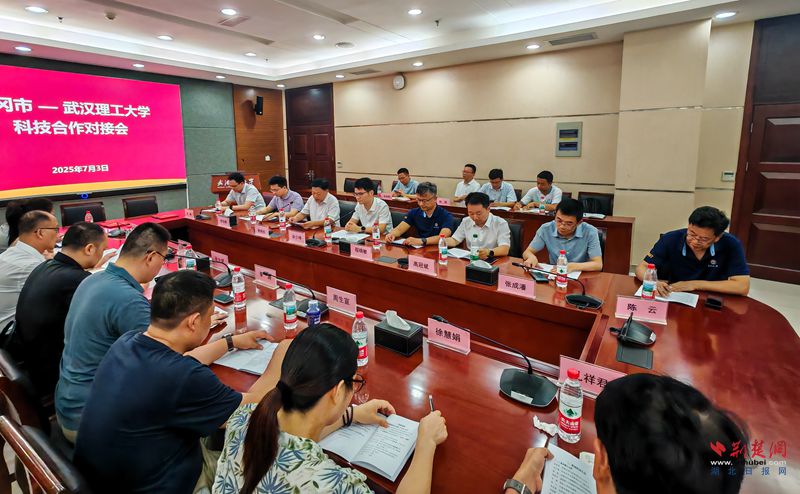 荆楚网湖北日报网)讯通讯员冉成溶、左晨)。7月3日下午,黄冈市科技局安排湖北方地区鼎华明纳米新资料有限公司、湖北联统机械有限公司、湖北合创重工有限公司等9家新资料、轿车零部件范畴科技型企业代表,赴武汉
...[详细]
荆楚网湖北日报网)讯通讯员冉成溶、左晨)。7月3日下午,黄冈市科技局安排湖北方地区鼎华明纳米新资料有限公司、湖北联统机械有限公司、湖北合创重工有限公司等9家新资料、轿车零部件范畴科技型企业代表,赴武汉
...[详细]
-
从“进得来”到“留得住有开展”:拓展家政工作途径 完善保证让乡村劳动力从业无忧
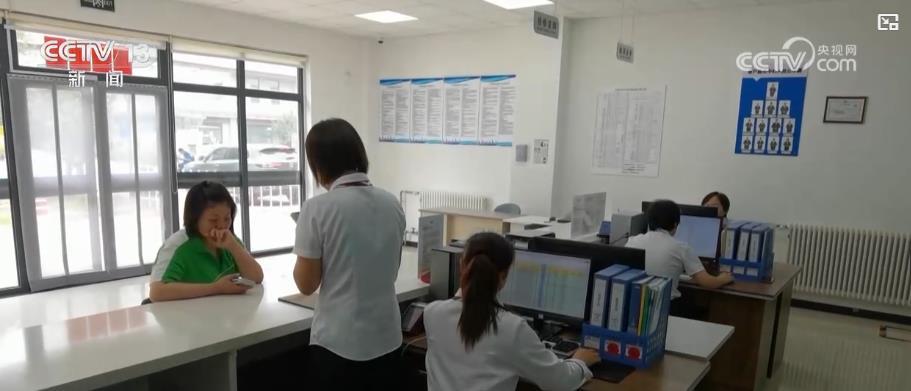 央视网音讯。:为了让乡村劳动力在家政服务业“进得来”,《2025年家政兴农举动作业方案》以下简称《作业方案》)提出展开日子服务招聘季活动,树立供需对接途径,依托互联网途径展开“直播带岗”,精准推介家政
...[详细]
央视网音讯。:为了让乡村劳动力在家政服务业“进得来”,《2025年家政兴农举动作业方案》以下简称《作业方案》)提出展开日子服务招聘季活动,树立供需对接途径,依托互联网途径展开“直播带岗”,精准推介家政
...[详细]
-
19.9亿吨、增加6.0%,创新高!“数”读迎峰度夏电力供应保证有力
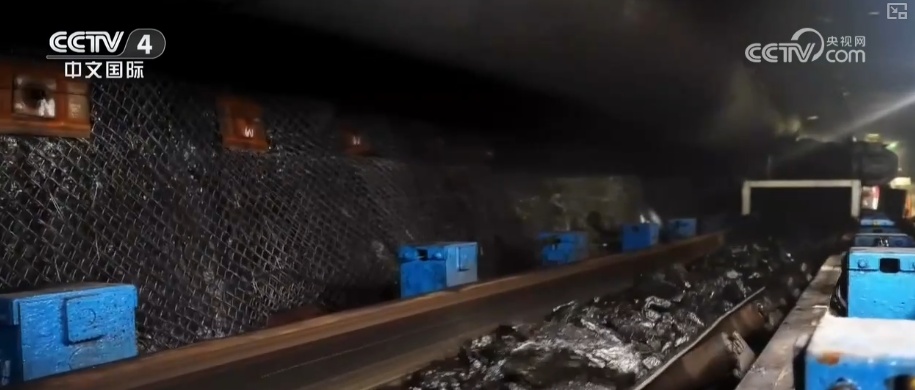 央视网音讯:中国煤炭工业协会最新发布的数据显现,前5个月,全国累计出产原煤19.9亿吨,同比添加6.0%,为迎峰度夏动力保供供给坚实支撑。记者从中国煤炭工业协会了解到,前5个月,全国累计出产原煤19.
...[详细]
央视网音讯:中国煤炭工业协会最新发布的数据显现,前5个月,全国累计出产原煤19.9亿吨,同比添加6.0%,为迎峰度夏动力保供供给坚实支撑。记者从中国煤炭工业协会了解到,前5个月,全国累计出产原煤19.
...[详细]
-
安徽一高校内两只流浪狗中毒身亡,学生:疑似异烟肼中毒,已报警
 极目新闻记者 刘毅。5月22日,安徽财经大学多位学生发帖称,校内两条流浪狗遭投毒身亡。24日,该校学生告知极目新闻记者,通过医师查看,两条狗疑似异烟肼中毒,异烟肼是用来给人医治结核病的。辖区派出所工作
...[详细]
极目新闻记者 刘毅。5月22日,安徽财经大学多位学生发帖称,校内两条流浪狗遭投毒身亡。24日,该校学生告知极目新闻记者,通过医师查看,两条狗疑似异烟肼中毒,异烟肼是用来给人医治结核病的。辖区派出所工作
...[详细]
-
 科沃斯机器人与天猫超级品牌日共创“无界”日子。2019-03-25 10:25:22 来历:群众娱乐网 责任编辑: 萧鑫。
...[详细]
科沃斯机器人与天猫超级品牌日共创“无界”日子。2019-03-25 10:25:22 来历:群众娱乐网 责任编辑: 萧鑫。
...[详细]
-
芳香“夜经济”一路繁花燃动消费热力 定制化拍卖游客“尝尝鲜”
 央视网音讯:在云南有句俗语,“云南十八怪,鲜花论斤卖”。在昆明的斗南花卉商场,鲜花不只论斤卖,乃至能够按吨卖。作为亚洲最大的鲜切花买卖商场,除了白日买卖,每天晚上8时40分左右,斗南花市的夜市也会开门
...[详细]
央视网音讯:在云南有句俗语,“云南十八怪,鲜花论斤卖”。在昆明的斗南花卉商场,鲜花不只论斤卖,乃至能够按吨卖。作为亚洲最大的鲜切花买卖商场,除了白日买卖,每天晚上8时40分左右,斗南花市的夜市也会开门
...[详细]
-
 荆楚网湖北日报网)讯通讯员 陈祺民、万建国、刘亭、方婷婷)连日来,武汉持续高温气候,最高气温均打破35摄氏度,给市民出行带来应战。武汉公交集团提早布置,经过换装窗布、检修空调、科学调度、精密保洁等四项
...[详细]
荆楚网湖北日报网)讯通讯员 陈祺民、万建国、刘亭、方婷婷)连日来,武汉持续高温气候,最高气温均打破35摄氏度,给市民出行带来应战。武汉公交集团提早布置,经过换装窗布、检修空调、科学调度、精密保洁等四项
...[详细]
-
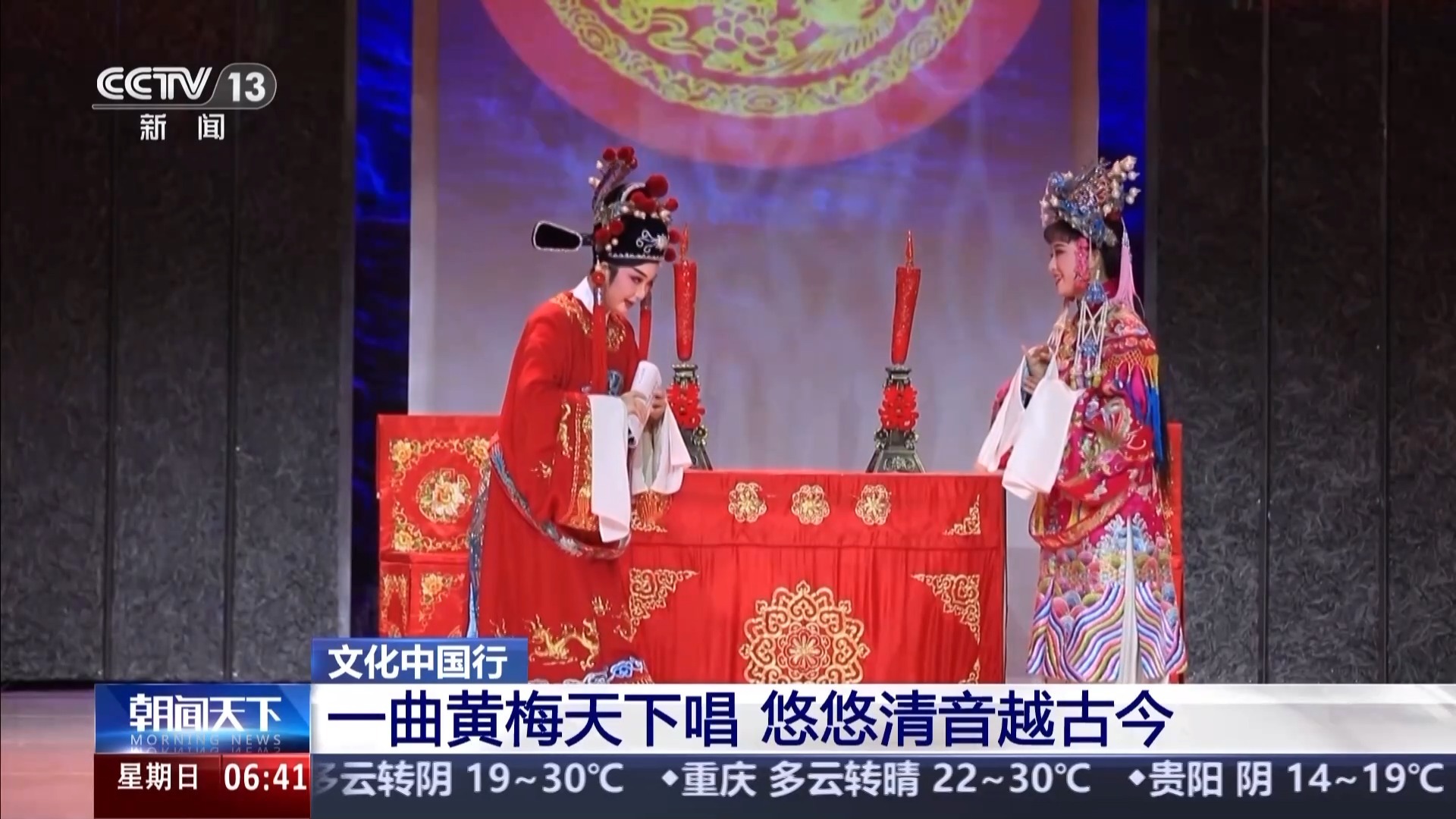 作为中国传统戏剧的珍宝,黄梅戏以其共同的艺术魅力在戏剧舞台上熠熠生辉。它唱腔美丽、扮演细腻,拿手以生动的故事和明显的人物形象刻画感动人心。黄梅戏经典剧目《天仙配》《女驸马》等广为传唱,深受观众喜欢。今
...[详细]
作为中国传统戏剧的珍宝,黄梅戏以其共同的艺术魅力在戏剧舞台上熠熠生辉。它唱腔美丽、扮演细腻,拿手以生动的故事和明显的人物形象刻画感动人心。黄梅戏经典剧目《天仙配》《女驸马》等广为传唱,深受观众喜欢。今
...[详细]
-
 荆楚网湖北日报网)讯记者张玖杰、吴祺芸 通讯员谢宇)7月5日,由荆州市妇幼保健院与长江大学联合主办的 “我是小医师” 体会营揭露日活动在市妇幼保健院举办。50名长江大学教职工子女化身 “小医师”,经过
...[详细]
荆楚网湖北日报网)讯记者张玖杰、吴祺芸 通讯员谢宇)7月5日,由荆州市妇幼保健院与长江大学联合主办的 “我是小医师” 体会营揭露日活动在市妇幼保健院举办。50名长江大学教职工子女化身 “小医师”,经过
...[详细]

 悉尼西部产生枪击事情 2人受重伤
悉尼西部产生枪击事情 2人受重伤 锲而不舍执行中心八项规则精力
锲而不舍执行中心八项规则精力 继续促进家政服务业提质扩容 助力推动村庄复兴
继续促进家政服务业提质扩容 助力推动村庄复兴 格乐利雅·第26届《东方风云榜》:当豪华婚礼体会与华语乐坛尖端盛宴相遇
格乐利雅·第26届《东方风云榜》:当豪华婚礼体会与华语乐坛尖端盛宴相遇 “被打了还手就错了吗?”张女士案重塑正当防卫鸿沟
“被打了还手就错了吗?”张女士案重塑正当防卫鸿沟